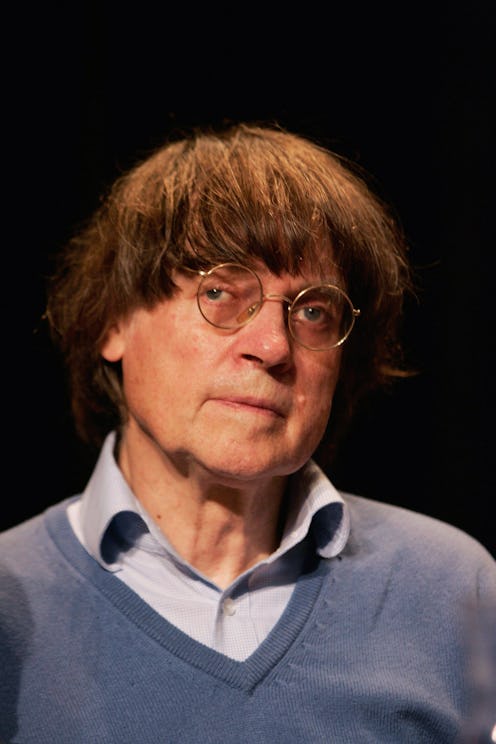News
This 'Charlie Hebdo' Cartoonist Was Amazing
Killed a week before his 77th birthday, Jean Cabut, a cartoonist and an original founder of Charlie Hebdo , will live on through his characters and dedication to equal-opportunity satirizing. Affectionately known as Cabu, the cartoonist was central to the newspaper's controversial response to a Danish magazine, which ran caricatures of the Prophet Muhammed.
Cabut, 76, was reportedly the highest-paid cartoonist in the world and a veteran of several French newspapers and magazines such as Bled, Paris Match, Le Figaro, and Le Monde. Cabut was a co-founder of Hiri-Kiri, which in later iterations became Charlie Hebdo.
In its Feb. 8, 2006 issue, Charlie Hebdo republished 12 cartoons, some of which depicted Muhammed, that had originally run the previous year in Danish newspaper Jyllands-Posten. The choice was a bold one for Charlie Hebdo. When the original drawings published, violent protests sprang up in several countries in which at least 50 people died. But never one to shy away from controversy, Cabut added his own commentary to the discussion. The week that the cartoons published, Cabut drew one of the most infamous covers in the newspaper's existence. The cover, showing a weeping Muhammed, read: "Muhammed overwhelmed by fundamentalists." Muhammed is depicted as saying, "It's hard to be loved by idiots."
Cabut was responsible for the famous characters Le Grand Duduche, a keen but maybe misinformed adolescent observer of the school politics and adult life. The character has a striking resemblance to what is perhaps a younger Cabut.
The cartoonist also popularized the French term "beauf," short for beau-frère (brother-in-law). His cartoon, "Mon Beauf" satirized Cabut's view of the everyday Frenchman: sexist, racist, bougie beyond believe.
Most of all, he tried to laugh as much as possible. An interviewer once asked Cabut if laughter and drawing could bring him through the economic crisis of the press. He replied:
I try. You can try, but sometimes there are delicate subjects. Sometimes laughter hurts, but humor and mockery are our only weapons.
And that is certainly something that "Cabu" left us with.
Images: Charlie Hebdo
